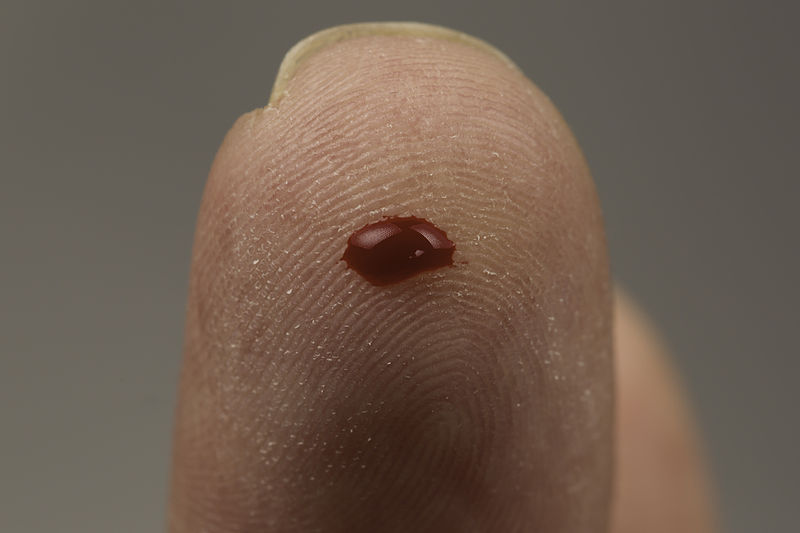Evaluating Early Designs
Technologies have hit the big time or “mainstream” when they are adopted by huge multinationals. We have been following the story of Oculus Rift (OR), the head mounted virtual display, for a couple years and the $75 million investment and addition of Electronic Arts veteran David Demartini in 2013 was somewhat of a mystery. Next was NASA’s use of Oculus Rift and Kinect sensors from the XBox to remotely operate robotic arms. Another major development was OR’s acquisition by Facebook for $2 billion in March, 2014. But the announcement that Ford Motor Company is using the technology to design and develop automobiles could be the biggest of all.
Going Mainstream with Premium Visual Experience
Ford has teamed up with Oculus Rift and Vicon, a 25-year-old pioneer in revolutionizing the motion capture industry with huge impacts on life sciences, engineering and entertainment. Just like Oculus Rift’s use in gaming “worlds”, where players walk around in virtual environments, Ford’s Virtual Reality Immersion Lab (VRIL) now allows designers and engineers to more closely examine and experience full-scale virtual models of vehicles, get a feel for colors, materials, etc.
A Break from the Past
The use of Oculus Rift virtual technology and Vicon is a departure from computer aided design and digital car development in that it is much cheaper and engineers evaluate automobile design in 3-D space rather than on computer monitors.
The “stage” used by Ford was put together by Oculus Rift and Vicon and provides Ford with quasi realistic experiences of automobiles, an experience which will become better and more valuable as the technology advances. The four camera OR/Vicon set up at Ford is estimated at $30,000 according to Warren Lester of Vicon.
Remember that Oculus Rift was created just a few years ago from a Kickstarter campaign.






